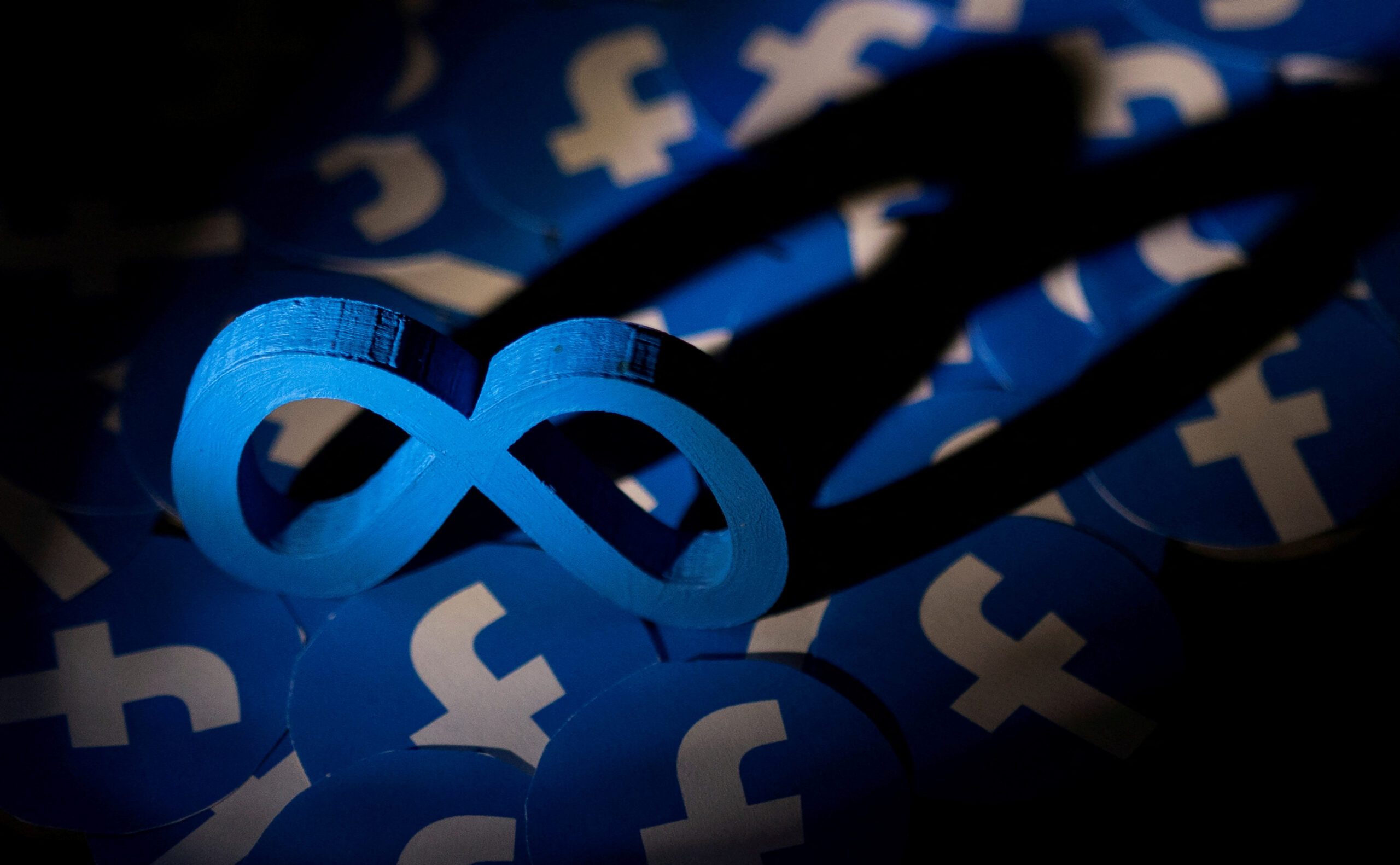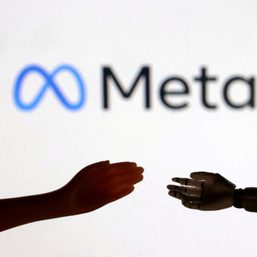SUMMARY
This is AI generated summarization, which may have errors. For context, always refer to the full article.

MANILA, Philippines – Meta’s latest adversarial threat report, Q3 2023, said that China had the highest number of networks it has taken down in 2023, with 5.
Its threat report summarizes its actions on information operations on its social media platforms such as Facebook and Instagram.
Most of these campaigns began in or mid-2021, which posted content related to China’s interests in different regions worldwide. The content, as expected, praised China, defended its human rights records in regions such as Tibet and Xinjiang, attacked critics of the Chinese government, and commented on the country’s rivalry with the US in Africa and Central Asia.
Prior to these takedowns this year, Facebook took down 2 networks in between 2017 and November 2020, both of which focused on Chinese interests in the Asia Pacific.
In 2023, a separate Rappler investigation also found a pro-China network on Facebook, which had been active in pushing Chinese propaganda, especially during flashpoint events such as China’s installation of missiles on its artificial islands in the South China Sea in 2018, and more recent ones such as the approval of more US military bases in the Philippines, and the Chinese Coast Guard’s water cannon attack against Philippine ships in a resupply mission to Ayungin Shoal.
These networks have weakened as the Marcos administration’s foreign policy pivoted back to the US. Similarly, Meta says that the Chinese networks it took down had also failed to build an audience.
Overall, China still ranks third in terms of number of fake networks taken down by Meta, after Iran at second and Russia at first.
Meta notes that Russia’s fake networks have a focus on its interests in Ukraine, but has also leveraged the Israel-Hamas war, wherein Russian networks accused Ukraine of supplying Hamas with weapons, and framing the war as a sign of the US’ decline.
One recent Iranian network taken down by Meta targeted audiences in Afghanistan, and were found to have links with Iranian state broadcaster, IRIB.
Nearly 4,800 accounts taken down in fake Chinese network
Meta specifies 3 network takedowns in its Q3 2023 report, two of which have origins in China, while one is of Russian origin.
Of the two China-related takedowns, the bigger network involved the removal of 4,789 Facebook accounts, found in violation of the platform’s policy against coordinated inauthentic behavior – a network of fake accounts acting in coordination with one another to push a certain narrative.
This network is said to have targeted the US, using fake accounts posing as Americans, posting the same content across different platforms. The accounts posted content in English, mostly about US politics and US-China relations, and notably, criticized both sides of the US political spectrum.
A notable pattern is the network’s use of copy-pasted content from US politicians from both political sides. Meta says the purpose is unclear: “It’s unclear whether this approach was designed to amplify partisan tensions, build audiences among these politicians’ supporters, or to make the fake accounts sharing authentic content appear more genuine.”
Below is an example, taken from Meta’s report:

A large percentage of the content is copy-pasted from “partisan people” on X, formerly Twitter. Interestingly, among the copy-pasted content is from X’s owner himself, Elon Musk.
In an attempt to appear authentic, they also, at times, posted articles from mainstream US media, reshared posts from real people on Facebook, and varied the topics it posted about cycling through gaming, history, fashion, and pets.
The network, in mid-2023, also appears to have shifted its focus from the US to India, as the fake accounts transitioned from posing as Americans to posing as Indians.
The second Chinese network that Meta removed was much smaller at 13 accounts, and 7 groups, primarily targeting India, Tibet, and “to a lesser extent,” the US. The accounts posed as journalists, lawyers, and human-rights activists.
The Russian network removed had 6 Facebook accounts, one Page, and 3 Instagram accounts, found to have links with employees of state-controlled media outlet RT.
The network posted in English about Russia’s Ukraine invasion, accused Ukraine of war crimes, and Western countries of “russophobia,” and criticized transgender rights, US President Joe Biden, and French President Emmanuel Macron.
Meta said the networks were largely ineffective in building critical mass, but warned that, with key elections coming next year, continuous monitoring will be needed.
“Overall, these networks have continued to struggle to build audiences and shift to smaller platforms, but they’re a warning – foreign threat actors are attempting to reach audiences ahead of next year’s various elections, including in the US and Europe, and we need to remain alert to their evolving tactics and targeting across the internet,” Meta said. – Rappler.com
Add a comment
How does this make you feel?
![[DECODED] The Philippines and Brazil have a lot in common. Online toxicity is one.](https://www.rappler.com/tachyon/2024/07/misogyny-tech-carousel-revised-decoded-july-2024.jpg?resize=257%2C257&crop_strategy=attention)



![[Rappler’s Best] US does propaganda? Of course.](https://www.rappler.com/tachyon/2024/06/US-does-propaganda-Of-course-june-17-2024.jpg?resize=257%2C257&crop=236px%2C0px%2C720px%2C720px)













![[OPINYON] Tungkol sa naging viral na social media conjecture](https://www.rappler.com/tachyon/2024/07/thought-leaders-conjecture-07262024.jpg?resize=257%2C257&crop_strategy=attention)


There are no comments yet. Add your comment to start the conversation.